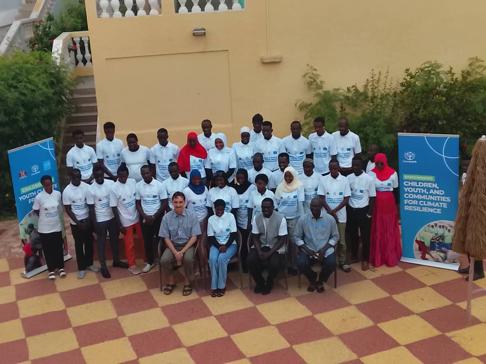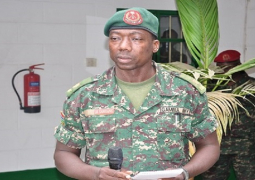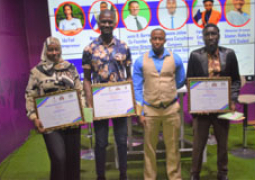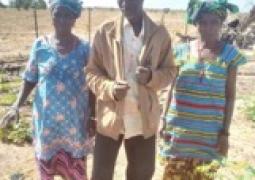
The initiative places young people at the heart of climate action, engaging school and community-based participants across The Gambia.
The training, held in Banjul, brought together youth leaders, educators and community facilitators to deepen their knowledge of climate science, disaster preparedness and sustainable environmental management. Attendees will cascade their newly acquired skills by organising similar training sessions in their respective schools and communities.
Speaking at the opening ceremony, Momodou B.K. Ceesay, Interim Director of Operations at the National Disaster Management Agency (NDMA), hailed the programme as a timely intervention in response to the increasing frequency and severity of natural disasters. He underscored the importance of empowering young people to lead climate adaptation efforts, describing them as key agents of change.
“Disasters often strike without warning, leaving widespread devastation in their wake,” Mr Ceesay remarked. “Knowledge, planning and community engagement are critical to reducing vulnerability.”
He stressed that environmental protection plays a vital role in disaster mitigation, citing ecosystems such as wetlands, mangroves and forests as natural buffers against floods and storms. Their degradation, he warned, amplifies the impact of climate-related disasters. “Climate change, pollution and deforestation are no longer distant threats—they are pressing challenges demanding immediate action.”
Rohey Ngum, Assistant Communication Officer and Executive Director of Clean Earth Gambia, expressed gratitude to UNICEF Gambia and all stakeholders for their continued partnership and support. She noted that the effects of climate change are already visible across the country, from erratic rainfall patterns disrupting agriculture to rising sea levels threatening coastal communities.
“These environmental changes are intricately linked to public health, food security and economic stability,” she stated.
Ms Ngum emphasised that the training extends beyond technical knowledge, with participants also developing teaching and communication skills to educate others effectively. Through lesson planning and inclusive session delivery, attendees are being equipped to become climate advocates in their localities.
Highlighting the importance of inclusive climate action, she urged participants to ensure that their outreach prioritises the diverse needs of women, children and other vulnerable groups who often face the highest risks. As part of the programme’s practical component, participants will be tasked with creating action plans tailored to their communities.
Read Other Articles In National News
Anti-Crime Unit detains 28 people during operation in NBR
Feb 23, 2026, 11:39 AM




